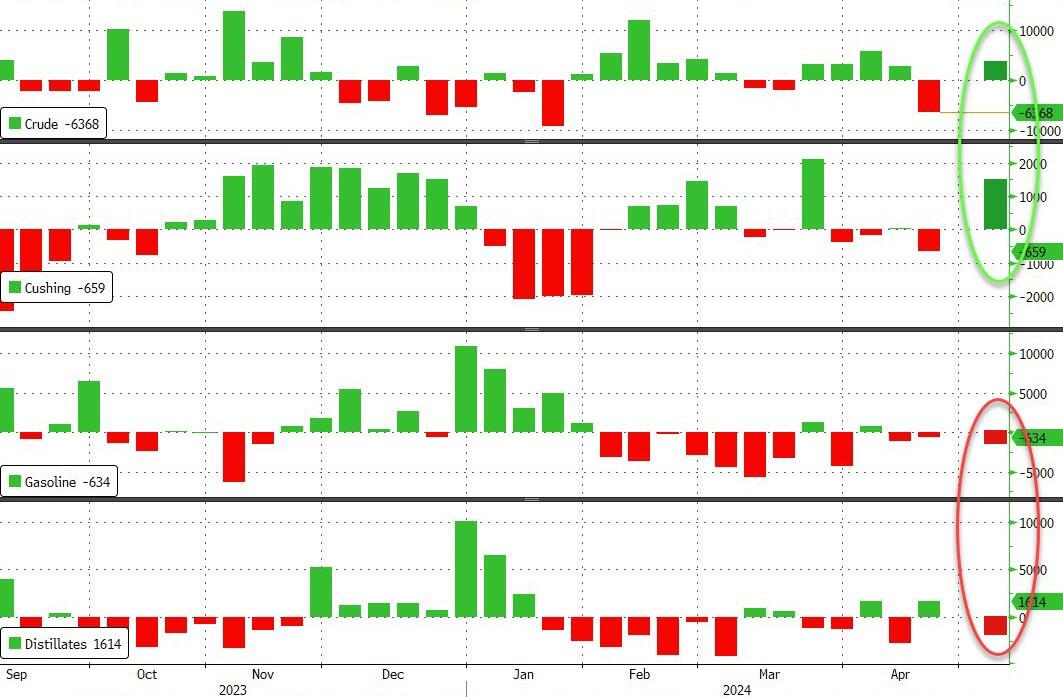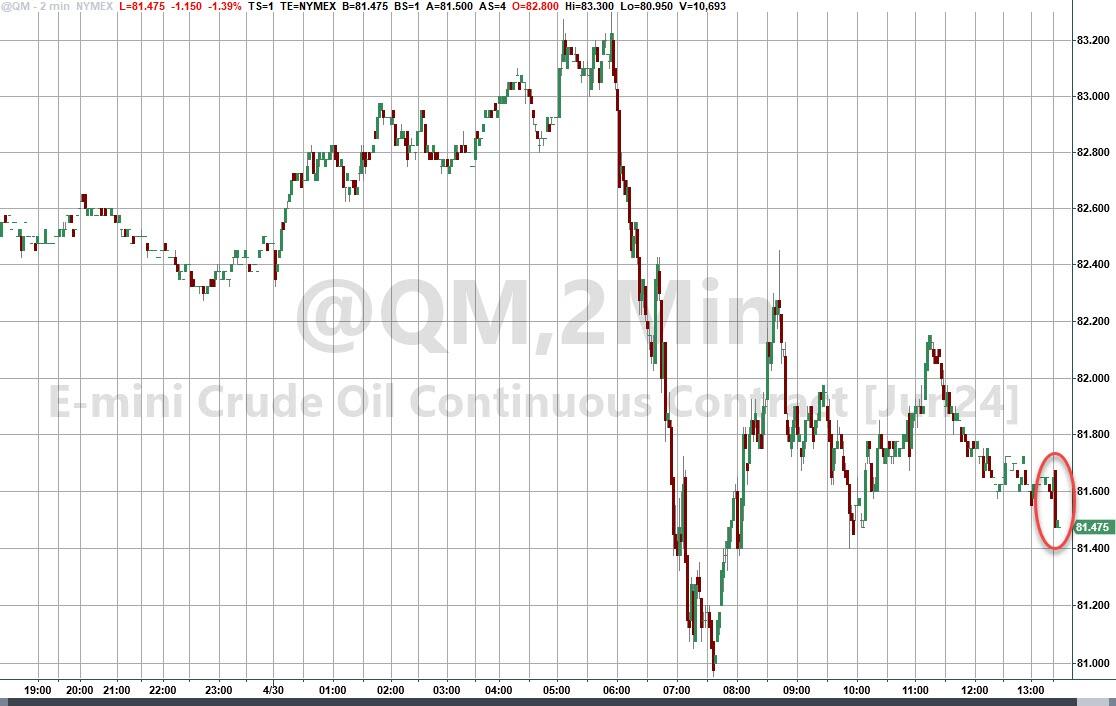10x Genomics, Inc. (Nasdaq: TXG), a leader in single cell and spatial biology, today reported financial results for the first quarter ended March 31, 2024.
Recent Highlights
- Revenue was $141.0 million for the first quarter, a 5% increase over the corresponding period of 2023, driven by Spatial revenue.
- Shipped Visium HD Spatial Gene Expression, enabling whole transcriptome spatial discovery at single cell-scale resolution.
- Shipped two major new Chromium products powered by GEM-X, the next generation of the company's leading single cell technology architecture, enabling higher performance at larger scale and lower cost.
- Shipped the Xenium multi-modal cell segmentation product and a new gene panel optimized for immuno-oncology applications.
"We delivered four major new products this quarter, which set a new standard for single cell and spatial biology," said Serge Saxonov, Co-founder and CEO of 10x Genomics. "In its first quarter, Visium HD helped drive strong growth in Spatial. We also had a significant number of customers trial our new GEM-X products, contributing to lower quarter-end orders for Chromium. Overall, we're encouraged by the early enthusiasm, adoption and feedback from customers and believe these new launches will help accelerate growth as we move through the year."
First Quarter 2024 Financial Results
Revenue was $141.0 million for the first quarter of 2024, a 5% increase from $134.3 million for the corresponding prior year period.
Gross margin was 66% for the first quarter of 2024, as compared to 73% for the corresponding prior year period. The decrease in gross margin was primarily due to change in product mix driven by Xenium instruments.
Operating expenses were $154.4 million for the first quarter of 2024, a 3% increase from $150.4 million for the corresponding prior year period. This increase was driven by higher legal expenses and costs for facilities and information technology partially offset by lower personnel expenses, including stock-based compensation.
Operating loss was $61.5 million for the first quarter of 2024, as compared to $52.0 million for the corresponding prior year period. Operating loss includes $36.1 million of stock-based compensation for the first quarter of 2024, as compared to $42.1 million of stock-based compensation for the corresponding prior year period.
Net loss was $59.9 million for the first quarter of 2024, as compared to a net loss of $50.7 million for the corresponding prior year period.
Cash and cash equivalents and marketable securities were $371.8 million as of March 31, 2024.
2024 Financial Guidance
10x Genomics is maintaining its previously announced full year 2024 revenue guidance of $670 million to $690 million, representing 8% to 12% growth over full year 2023 revenue.
Webcast and Conference Call Information
10x Genomics will host a conference call to discuss the first quarter 2024 financial results, business developments and outlook after market close on Tuesday, April 30, 2024 at 1:30 PM Pacific Time / 4:30 PM Eastern Time. A webcast of the conference call can be accessed at http://investors.10xgenomics.com. The webcast will be archived and available for replay at least 45 days after the event.

